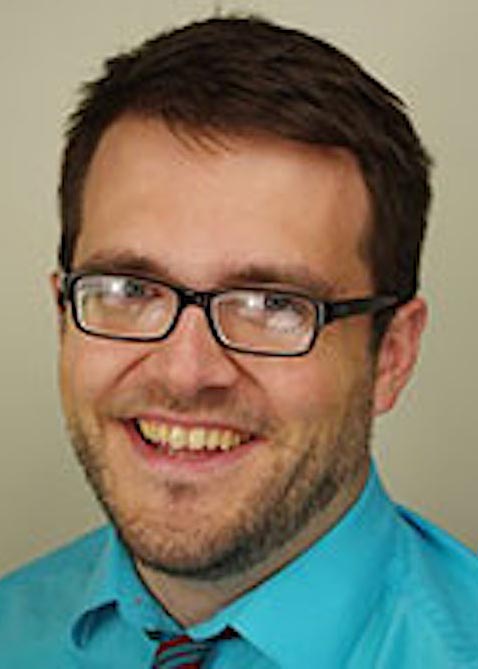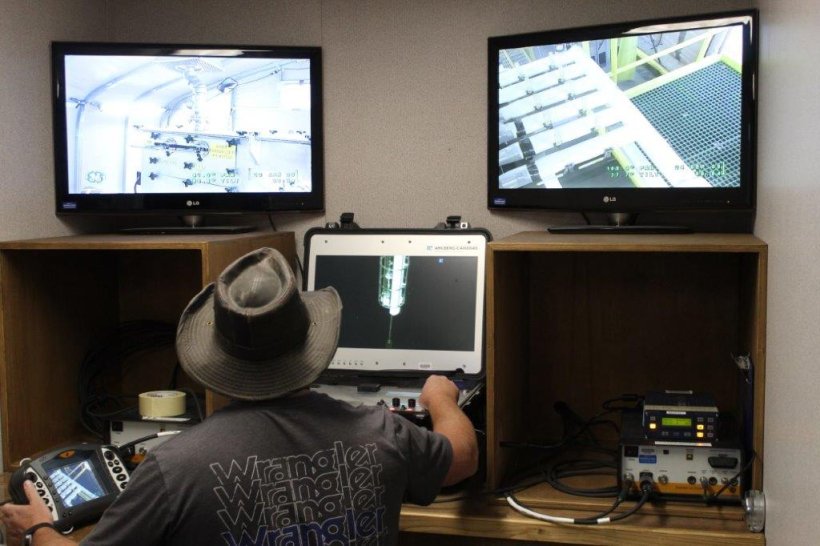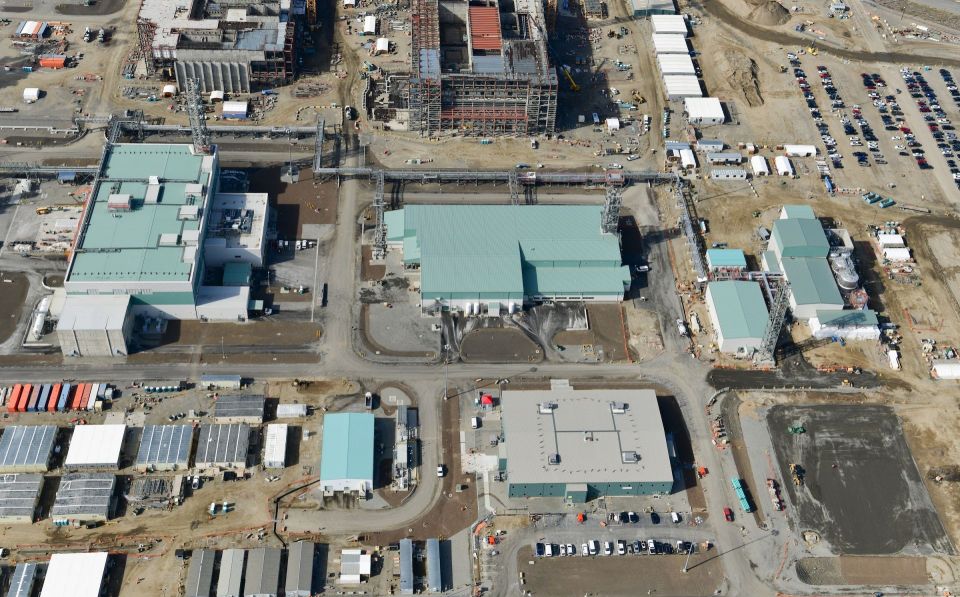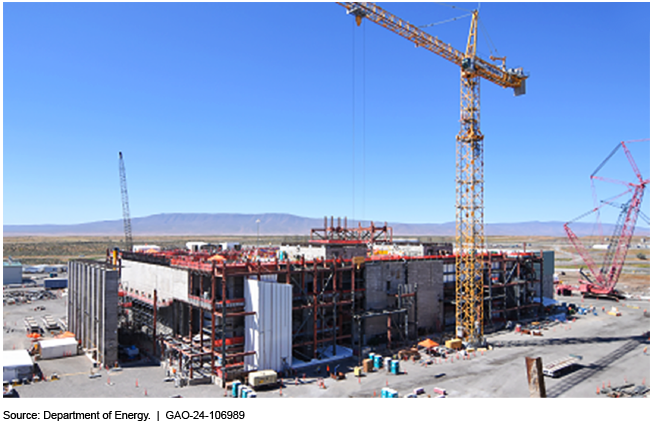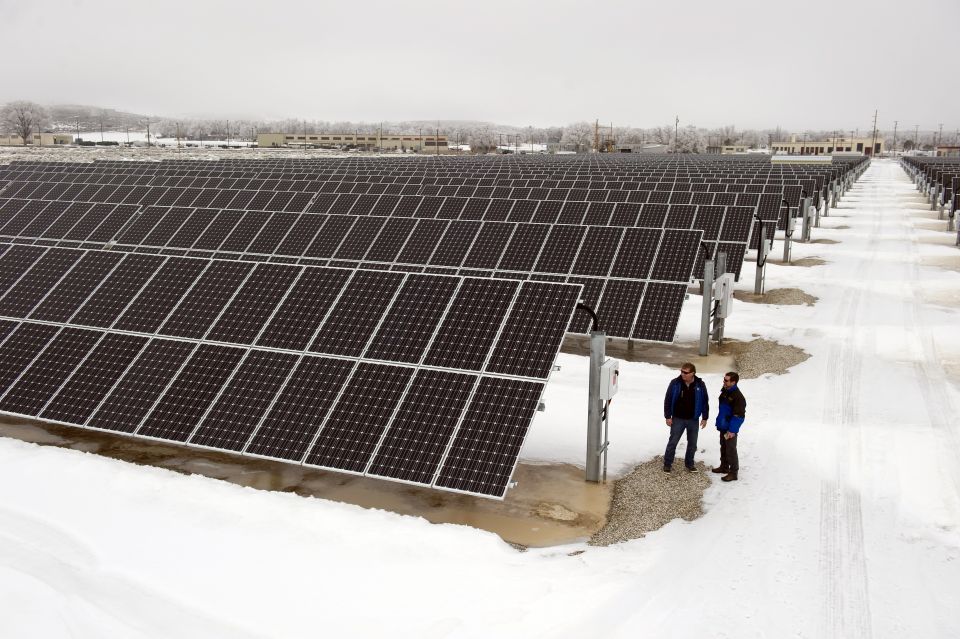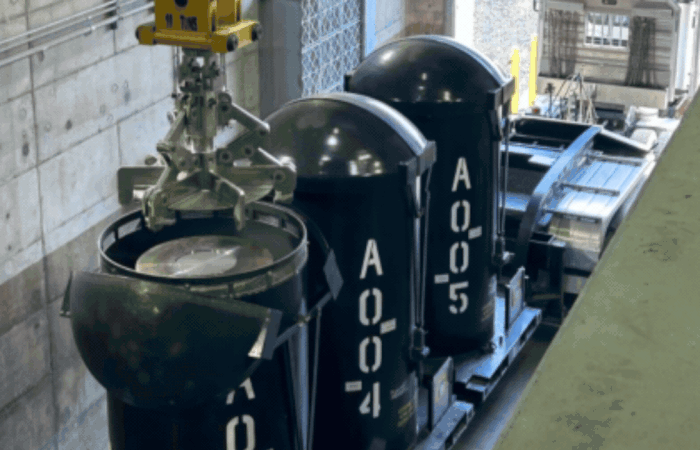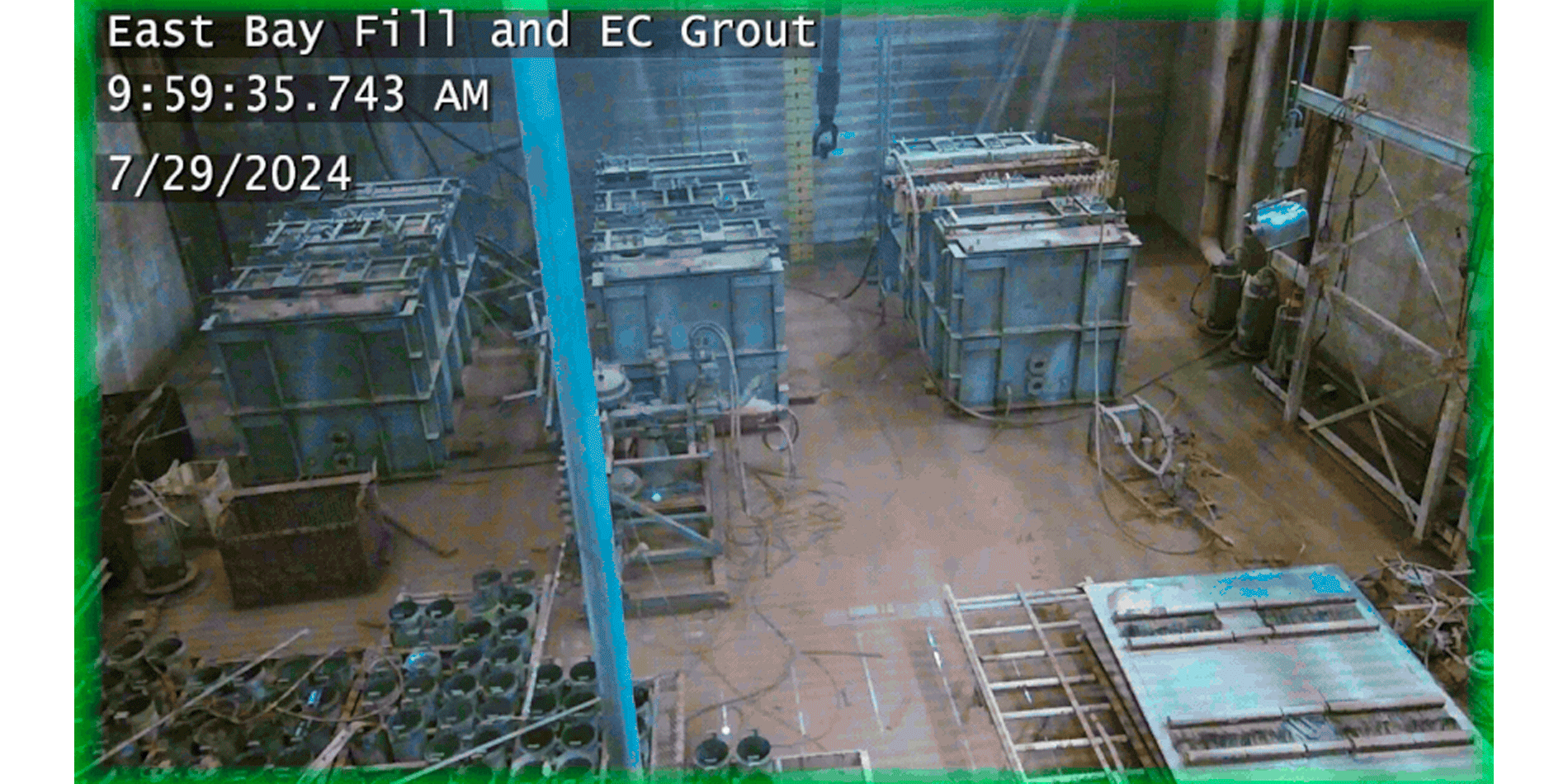Richland critiques “home, safety, [and] whiteness” of proud nuclear company town
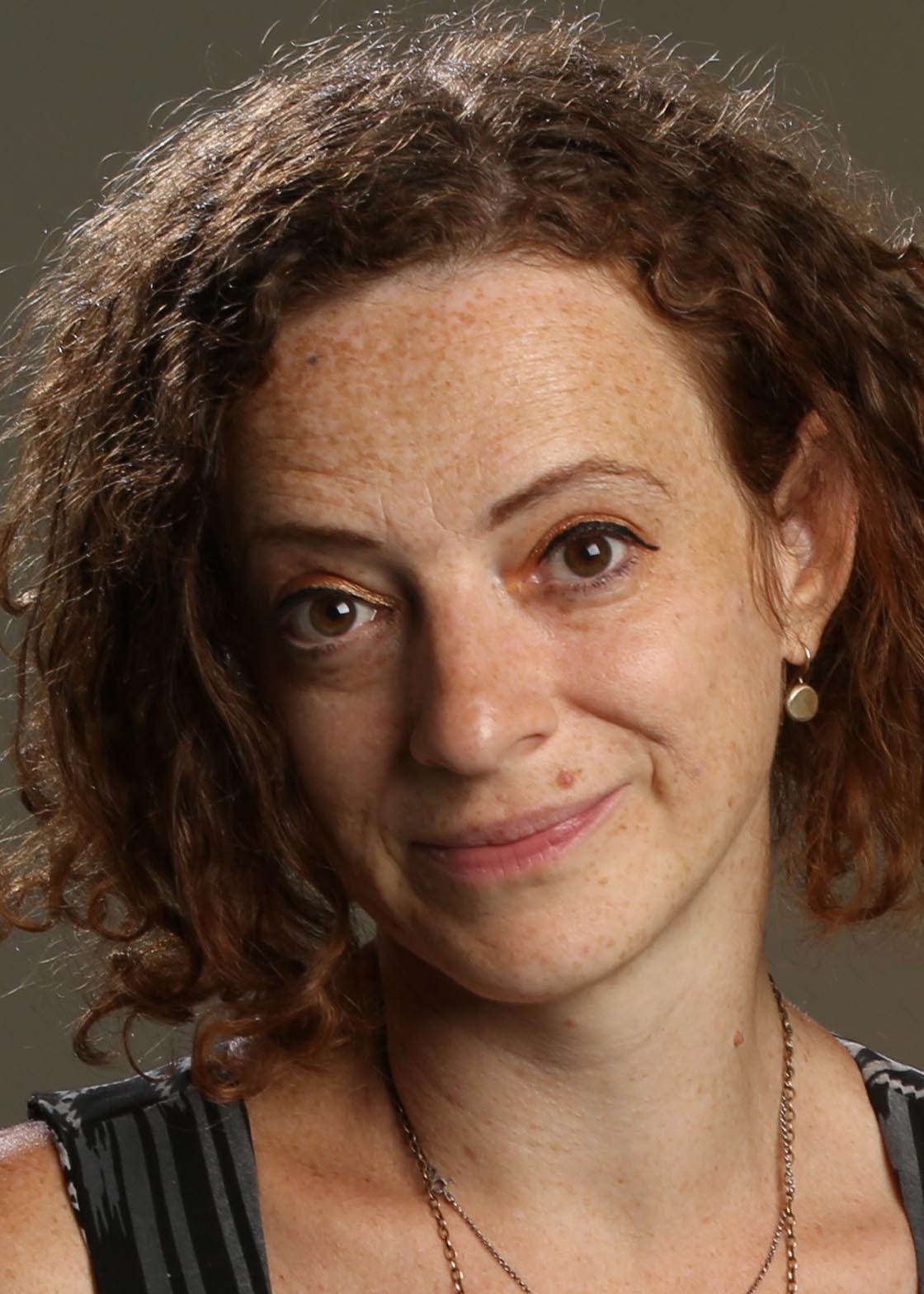
Lusztig
The documentary film Richland, which won awards at the Tribeca Festival and Sheffield (U.K.) DocFest last year, continues to gain exposure. Directed by Irene Lusztig, a self-described “feminist filmmaker, archival researcher, educator, and seamstress,” the documentary explores the community and “nuclear origin story” of Richland, Washington, a town that was built by the U.S. government to house Hanford Site workers who made the weapons-grade plutonium for the atomic bombs of the Manhattan Project.
Washington State University offered a free screening of the documentary last week at its main Pullman campus, followed by a discussion with the director and Robert Franklin, an assistant professor in history at the university’s Tri-Cities campus and the assistant director and archivist for the Hanford History Project.


